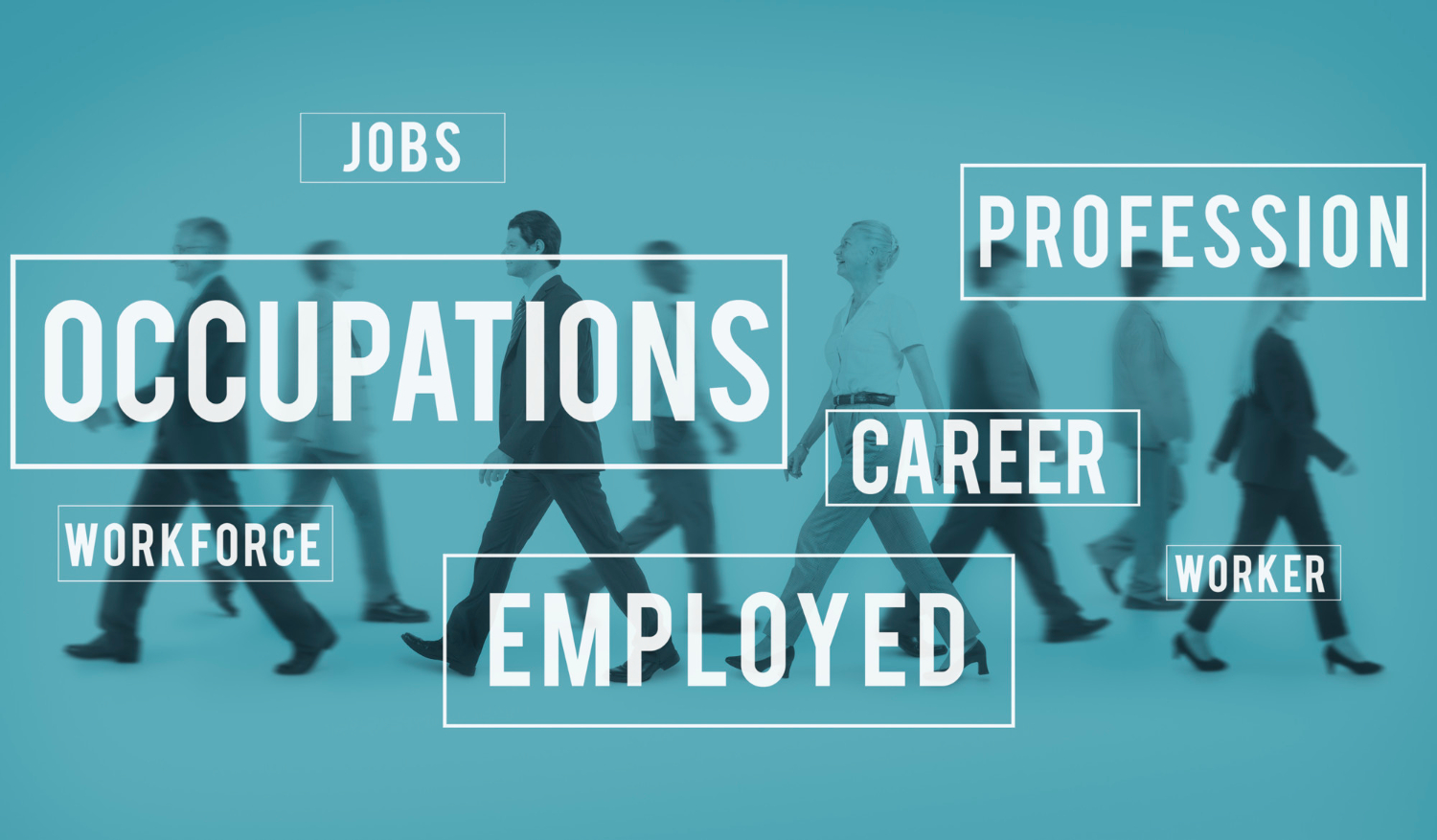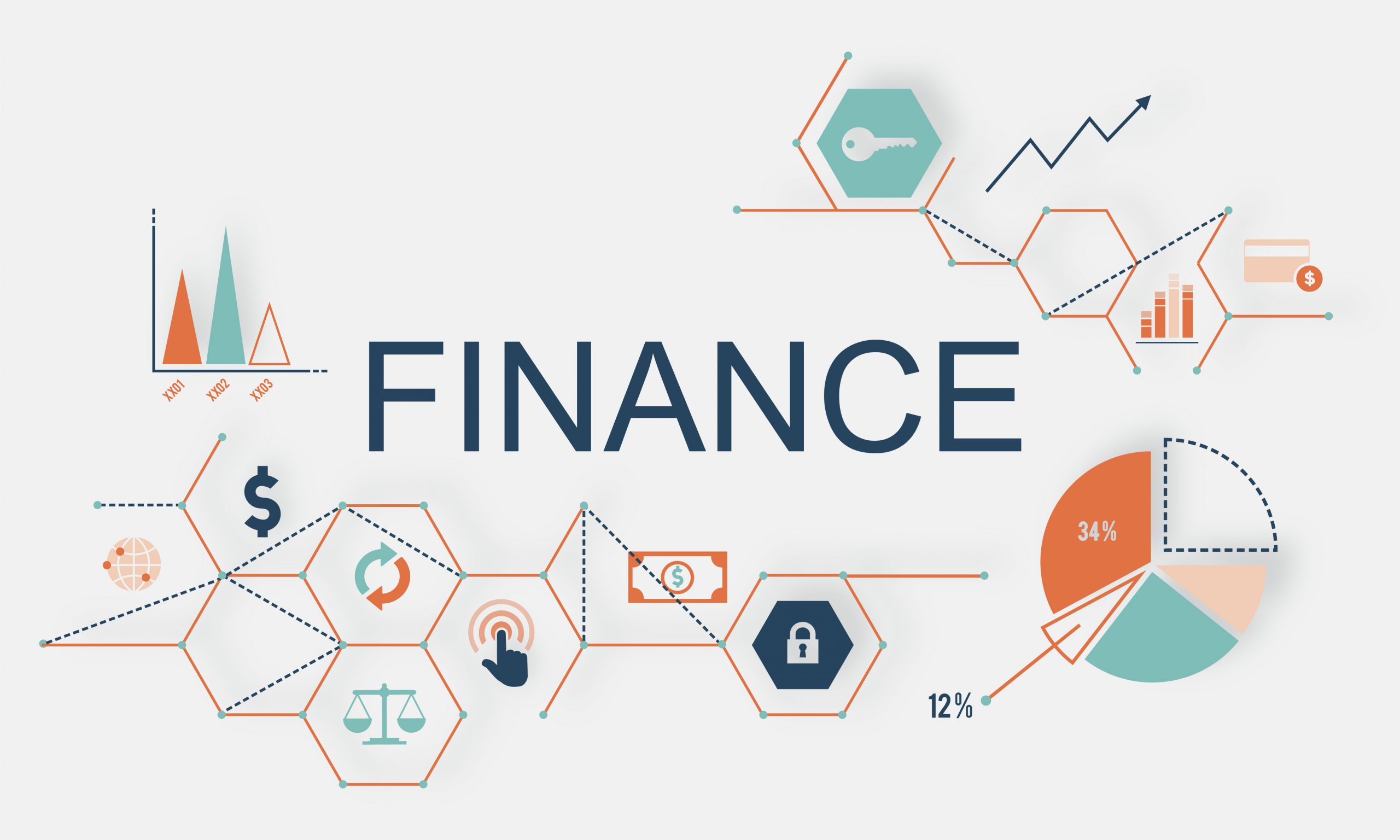Automation and artificial intelligence (AI) are transforming the workplace faster than ever before. From AI-driven chatbots handling customer service to robots assembling products in factories, automation is reshaping job roles across all industries.
But does this mean that robots will take over all jobs? Not exactly. While automation is eliminating some tasks, it is also creating new career opportunities, requiring workers to develop new skills and adapt to changing work environments.
In this blog post, we’ll explore how automation is changing the job market, the industries most affected, and how professionals can stay ahead by upskilling. We’ll also show how VioResume’s AI Resume Builder and Automatic Job Matching can help job seekers transition into high-demand roles that automation cannot replace.
How Automation is Reshaping the Workforce
While automation eliminates repetitive and manual tasks, it also creates demand for jobs that require human creativity, problem-solving, and emotional intelligence.
💡 Key Impacts of Automation on Jobs:
✅ Eliminates routine jobs – Data entry, factory work, and cashier roles are being automated.
✅ Creates new jobs – AI specialists, cybersecurity analysts, and data scientists are in high demand.
✅ Changes existing job roles – Employees must learn how to work alongside AI tools rather than compete with them.
✅ Increases demand for human skills – Creativity, leadership, critical thinking, and emotional intelligence remain irreplaceable.
🚀 Pro Tip: If your job is at risk of automation, focus on learning high-value skills that AI cannot replace.
Industries Most Affected by Automation
Automation is not just impacting factory workers—it is reshaping every industry.
1. Manufacturing & Logistics
💡 What’s Changing?
- Robotics and AI are replacing assembly line workers, warehouse pickers, and truck drivers.
- Companies like Tesla and Amazon are leading the shift toward automation in manufacturing and logistics.
📌 Jobs at Risk:
❌ Factory Workers
❌ Delivery Drivers
❌ Warehouse Associates
📌 New Job Opportunities:
✅ Robotics Engineers
✅ Supply Chain Analysts
✅ AI Maintenance Technicians
🎯 Pro Tip: Use VioResume’s AI Resume Builder to transition from manual labor to technical roles in automation and robotics.
🔗 Build a Future-Proof Resume Here
2. Retail & Customer Service
💡 What’s Changing?
- AI chatbots and self-checkout systems are reducing the need for cashiers and call center agents.
- Retail companies are using machine learning to analyze consumer behavior and personalize recommendations.
📌 Jobs at Risk:
❌ Cashiers
❌ Customer Service Representatives
❌ Retail Sales Associates
📌 New Job Opportunities:
✅ AI Chatbot Developers
✅ E-Commerce Managers
✅ Digital Marketing Specialists
🎯 Pro Tip: If you work in retail or customer service, upskill in digital marketing, AI automation, or e-commerce to stay relevant.
🔗 Find Digital Marketing & E-Commerce Jobs Here
3. Healthcare & Telemedicine
💡 What’s Changing?
- AI is assisting doctors with diagnostics, robotic surgeries, and patient monitoring.
- Telemedicine is expanding remote healthcare services, reducing the need for in-person visits.
📌 Jobs at Risk:
❌ Medical Transcriptionists
❌ Routine Lab Technicians
📌 New Job Opportunities:
✅ AI-Powered Healthcare Analysts
✅ Medical Robotics Engineers
✅ Telehealth Coordinators
🎯 Pro Tip: If you’re in healthcare, focus on health tech, AI-driven diagnostics, or telemedicine coordination to future-proof your career.
🔗 Find Healthcare Tech Jobs Here
4. Finance & Banking
💡 What’s Changing?
- AI-driven algorithms are automating financial reporting, risk analysis, and investment management.
- FinTech companies are using blockchain and AI to transform financial transactions.
📌 Jobs at Risk:
❌ Bank Tellers
❌ Loan Officers
📌 New Job Opportunities:
✅ Financial Data Analysts
✅ AI Risk Analysts
✅ Blockchain Developers
🎯 Pro Tip: If you’re in finance, learn AI-based financial analysis, blockchain, or cybersecurity to stay competitive.
How to Stay Relevant in an Automated Job Market
The good news? Automation is not eliminating jobs—it’s changing them. The key to career security is learning new skills and transitioning into roles that AI cannot fully replace.
✅ 1. Develop AI & Digital Literacy
- Learn AI-powered tools in your field (e.g., AI marketing software, FinTech automation tools).
- Take online courses in AI, automation, and cloud computing.
✅ 2. Focus on Soft Skills (AI Can’t Replace These)
- Employers will always need critical thinkers, leaders, and relationship-builders.
- Develop skills like emotional intelligence, problem-solving, and communication.
✅ 3. Gain Industry Certifications
- Google AI for Everyone (AI basics for non-tech professionals).
- CompTIA Security+ (Cybersecurity for finance and healthcare).
- PMP (Project Management Professional) (For leadership roles in automation projects).
✅ 4. Transition Into AI-Related Roles
- If you work in customer service, learn AI chatbot development.
- If you work in finance, learn blockchain or FinTech analytics.
- If you work in manufacturing, gain experience in automation engineering.
🎯 Pro Tip: Use VioResume’s Automatic Job Matching to find AI-related jobs in your current industry.
🔗 Find AI & Automation Jobs Here
How to Highlight Automation-Related Skills on Your Resume
Hiring managers want to see how you adapt to automation. Here’s how to showcase automation-related skills on your resume:
✅ Professional Summary:
“Experienced digital marketing specialist integrating AI-driven customer insights to optimize campaigns and increase sales by 40%.”
✅ Key Skills Section:
- AI-Powered Customer Insights
- Data Analytics & Machine Learning
- Automation Tools & CRM Systems
✅ Work Experience:
“Implemented AI-based risk assessment models, reducing financial fraud cases by 30%.”
🎯 Pro Tip: Use VioResume’s AI Resume Builder to create a future-proof resume that highlights automation skills.
How VioResume Helps Professionals Stay Competitive
Automation is changing job roles, but job seekers who adapt will thrive. VioResume helps professionals:
✅ AI Resume Builder – Creates ATS-friendly resumes optimized for AI-driven hiring.
✅ Automatic Job Matching – Finds job openings that align with your new automation skills.
✅ Video Resume Feature – Showcases soft skills and adaptability to recruiters.
🚀 Want to future-proof your career? Optimize your resume today with VioResume!











